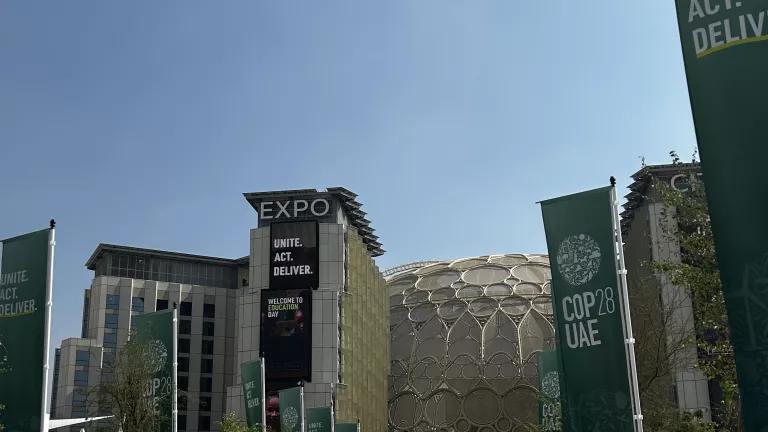Well I did say that things would be quiet here at the Switchboard, but I didn't realize how quiet. For my part, I was on vacation and then...how to put this delicately...well let's just say that I took this entry to heart and have been recovering. Anyway it wasn't my fingers that were effected, so time to start things up again with a few unconnected observations:
- The Energy Blog reports here that GreenFuels' pilot algae plant in Arizona has been closed due to unexpectedly high algae densities and costs. Referring to a Boston Globe article, the posting mentions that GreenFuels staff has been cut from 43 to 28 and Carry Bulluck has been replaced as CEO with Robert Metcaff. I was on a number of panels with Carry and know a few of the staff (or at least I think they're still staff). The news comes on the heels of this other bad news that a South African company that licensed GreenFuels technology turned out to be a fraud. Stumbling is of course part of learning, but still this is unfortunate.
- David Roberts over at the Gristmill has a great post today on carbon offsets and the unfortunate criticisms that are regularly launched against them and the folks that buy them. As he points out there are important substantive challenges to developing good offsets, but the intentions of those that develop them and those that buy them get the bulk of the attention.
- I've often wondered why more hasn't been made about the impact of ethanol's demand for corn on the price of soy beans and thus on biodiesel, but the folks at Biodiesel and Ethanol Investing noticed. I'm not so much worried about reduced biodiesel availability (vegetable oil based biodiesel is inherently a very limited market anyway), but high soy prices will drive more soy development in Brazil, which puts more pressure on the rain forests. Also connecting the dots, it's not surprising given the high demand for biodiesel to see this post over at Biopact about the geneticists starting to look at the oil palm plant. Palm oil has much higher yields than soy but production generally competes for land with some of the most carbon rich and biologically diverse lands--tropical rain forests.
- Finally speaking of connecting dots, Carbon Copy points out both that online maps always assume you're driving and that Google has started marking public transportation stops on their maps. I checked it out and sure enough for my home town of NYC, you can see all the subway and path stops, but not the bus stops. And unfortunately, if you ask for directions even from two locations right next to subway stops on the same subway line, you still get driving directions.
So what we really need is a Google mapping tool that will show us the way to mandatory carbon regulations and good energy policy so that we make land-efficient technologies like algae work and can avoid cutting down our rain forests for soy and palm oil. Did I say these were unconnected observations?



